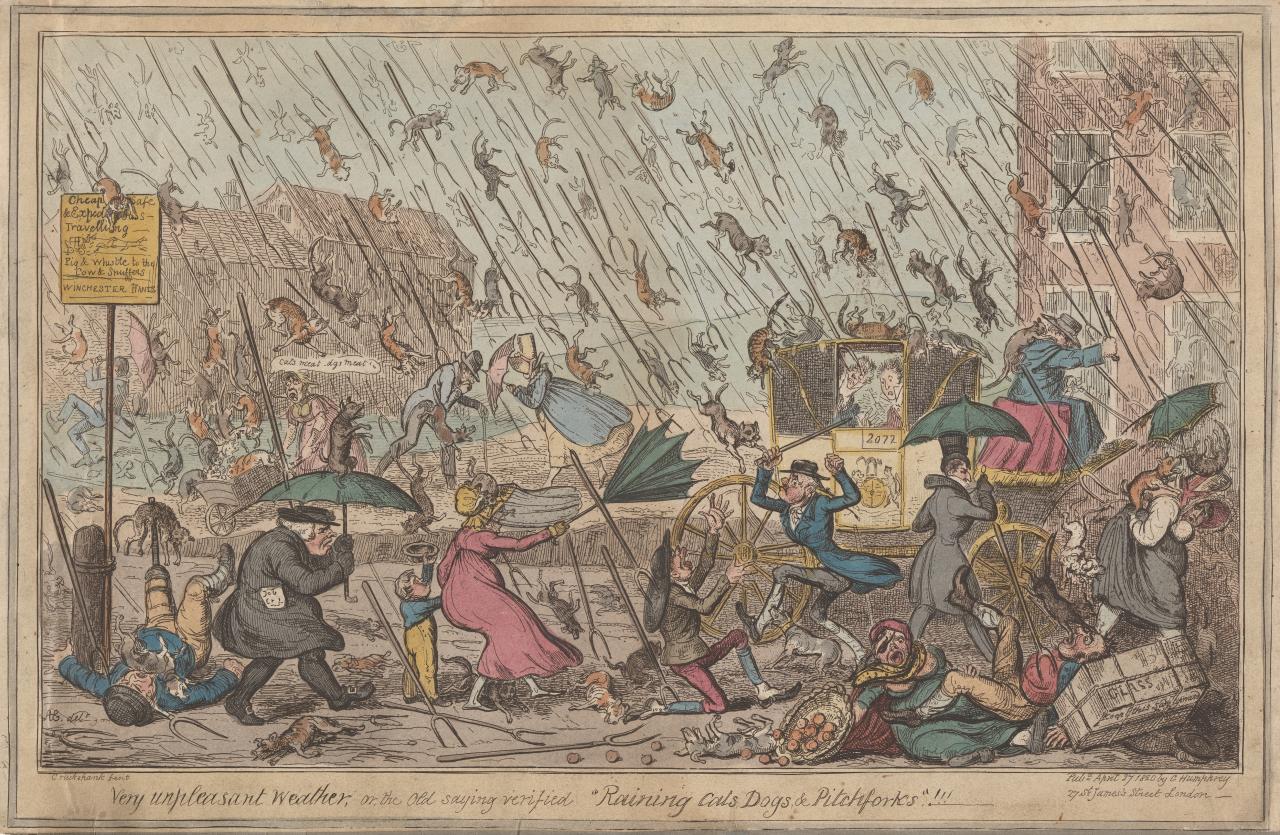 Spotify has published their final accounts for 2021. They made a modest profit. It's hard for me to comprehend and accept. I'm shocked and appalled. I never thought this could happen. The operating income amounted to €94m ($108m). Spotify has incurred significant operating losses in the past, to say the least. The accumulated deficit amounts to €3 220m ($3 689m). An almost unimaginable figure. With profits of this magnitude, Spotify will have eliminated the accumulated deficit in the year of 2056. But, it was not streamed music that made Spotify profitable. It was controversial podcasts. Podcaster Joe Rogan signed a $100 million deal in 2020 giving Spotify the exclusive rights. The Joe Rogan Experience has a massive audience, and is the no. 1 podcast in more than 90 markets. Neil Young decided to withdraw his music from Spotify because it gave a platform to Joe Rogan, whom scientists have accused of promoting falsehoods about vaccines. Neil Young spoke out: "They can have Rogan or Young. Not both." Joe Rogan defended himself. "I do not know if they're right. I don't know because I'm not a doctor; I'm not a scientist. I'm just a person who sits down and talks to people and has conversations with them." CEO Daniel Ek is not known for good media management. The first line of defense was to state that Spotify is a platform, not a publisher. It didn't work. The second line of defense was the pathetic "We’ve heard you..." statement. The Communication Department burned the midnight oil making damage control purée. This included publishing the already existing Spotify Platform Rules, and highlighting the rules in the creator and publisher tools and adding "content advisory". Late and lame. CEO Daniel Ek said: "That doesn’t mean that we always get it right, but we are committed to learning, growing and evolving." It didn't work, either. The external controversy spilled over to internal turmoil. The employees were not impressed of how the management handled the matter. On the contrary; quite a few of them were angry, upset and disappointed. They live under the illusion that the company acts according to a code of conduct. The open and soft internal culture met the harsh and brutal reality. How will this play out? What's done is done, the dog barks and money talks.
Spotify has published their final accounts for 2021. They made a modest profit. It's hard for me to comprehend and accept. I'm shocked and appalled. I never thought this could happen. The operating income amounted to €94m ($108m). Spotify has incurred significant operating losses in the past, to say the least. The accumulated deficit amounts to €3 220m ($3 689m). An almost unimaginable figure. With profits of this magnitude, Spotify will have eliminated the accumulated deficit in the year of 2056. But, it was not streamed music that made Spotify profitable. It was controversial podcasts. Podcaster Joe Rogan signed a $100 million deal in 2020 giving Spotify the exclusive rights. The Joe Rogan Experience has a massive audience, and is the no. 1 podcast in more than 90 markets. Neil Young decided to withdraw his music from Spotify because it gave a platform to Joe Rogan, whom scientists have accused of promoting falsehoods about vaccines. Neil Young spoke out: "They can have Rogan or Young. Not both." Joe Rogan defended himself. "I do not know if they're right. I don't know because I'm not a doctor; I'm not a scientist. I'm just a person who sits down and talks to people and has conversations with them." CEO Daniel Ek is not known for good media management. The first line of defense was to state that Spotify is a platform, not a publisher. It didn't work. The second line of defense was the pathetic "We’ve heard you..." statement. The Communication Department burned the midnight oil making damage control purée. This included publishing the already existing Spotify Platform Rules, and highlighting the rules in the creator and publisher tools and adding "content advisory". Late and lame. CEO Daniel Ek said: "That doesn’t mean that we always get it right, but we are committed to learning, growing and evolving." It didn't work, either. The external controversy spilled over to internal turmoil. The employees were not impressed of how the management handled the matter. On the contrary; quite a few of them were angry, upset and disappointed. They live under the illusion that the company acts according to a code of conduct. The open and soft internal culture met the harsh and brutal reality. How will this play out? What's done is done, the dog barks and money talks.


What about next year? I have adjusted my expectations down to zero. I will not be disappointed. Come what come may. I haven't turned into Ebenezer Scrooge yet. There's a difference between expecting and wishing. I haven't stopped wishing. I've had the same three wishes for six years in a row. Not much of prosperity, only adversity. The first wish: a new gothic country album from Christian Williams. This will come true. However, the artist is sovereign and not a tool for other people's expectations. The album will be ready when it's ready. I can wait. The second wish: a new album from The Victor Mourning. They have emerged with a new direction and a new name, Swarme of Beese. I'm not too worried. I don't think their new name and direction means a complete u-turn (read more here). This wish will come true in 2022. The have a new album coming up. It will be released on vinyl and available for download in high-quality format. The third wish: to acquire at least one of the hard-to-find four missing albums (read more here) and to get all albums from the defunct label Devil's Ruin Records (this is actually two wishes in one). The first part of the wish failed (as always), and the second part failed this year. I wish for the same three things in 2022. What about new album releases in 2022? Wovenhand's ninth album "Silver Sash" was initially scheduled to be released in 2020, then postponed to 2021 and now the release date is February 4, 2022. T.K. Bollinger is working on a physical release of the best songs from his 12 EPs. Hopefully, there will be more. I don't know. What I do know is that it's better to aim low and hit.
 I'm a late adopter. I came across the mother of (almost) all gothic country bands, 16 Horsepower, in 2008. This chance meeting had consequences. I began to write about the genre in Swedish. My first staggering steps can be traced back to a site named CD-Runda (opens in a new window). After a while, I decided to launch a website dedicated to gothic country music and to write in English. I killed two birds with one stone. A website in English expands the target audience. This also gave me an opportunity to improve my English. Swedish kids have studied English for ten years before attending higher education (where all textbooks often are in English). However, I graduated long ago and there was and is room for improvement both in terms of grammar and vocabulary. I also took Spanish in school. I jumped in when the semester already had begun, stayed for six weeks and then jumped back. Never got beyond "una maleta blanca y negra". I had more options than English and Spanish. I took German for six years. There was an even greater need to improve my German. This could be a good refreshing and re-learning project. However, I never mastered the dative and accusative objects. I guessed my way through school. English was not really much of a choice. It is, after all, the most spoken language in the world.
I'm a late adopter. I came across the mother of (almost) all gothic country bands, 16 Horsepower, in 2008. This chance meeting had consequences. I began to write about the genre in Swedish. My first staggering steps can be traced back to a site named CD-Runda (opens in a new window). After a while, I decided to launch a website dedicated to gothic country music and to write in English. I killed two birds with one stone. A website in English expands the target audience. This also gave me an opportunity to improve my English. Swedish kids have studied English for ten years before attending higher education (where all textbooks often are in English). However, I graduated long ago and there was and is room for improvement both in terms of grammar and vocabulary. I also took Spanish in school. I jumped in when the semester already had begun, stayed for six weeks and then jumped back. Never got beyond "una maleta blanca y negra". I had more options than English and Spanish. I took German for six years. There was an even greater need to improve my German. This could be a good refreshing and re-learning project. However, I never mastered the dative and accusative objects. I guessed my way through school. English was not really much of a choice. It is, after all, the most spoken language in the world.
In the 1970s many Swedes learned English through a TV-program called "Start". The program leader was Michael Knight, a british-born university lecturer and translator with enormous ears. The popular adult education program was produced by UR (Swedish Educational Broadcasting Company) which is part of the public service broadcasting group in Sweden, with Swedish Radio (SR) and Swedish Television (SVT). It was very basic: "Say after me, please. Yes, please [dramatic pause]...Yes, please. Good! Yes, I like it [dramatic pause]...Yes, I like it. Good!". We listened to reel-to-reel tapes in school and filled in handouts that smelled alcohol. It's funny how your memory works. After 50 years, I still remember my first English lessons (two per week) in the third grade. We were all curious and expectant. Then the teacher dropped the bomb: "It's raining cats and dogs". Apparently, this sentence was taken straight out of the textbook. We understood what the teacher said, but not what it meant. A tedious teacher-led explanatory session followed. The English-language idiom "raining cats and dogs" is used to describe particularly heavy rain. It is of unknown etymology. I leave the appropriateness of using English idioms on Swedish third-graders to the scientific community. However, during the shortest period of employment in my life, in school bureaucracy on the national level, I met people who were specialists in didactics and pedagogics. They were consumed by postmodern theories and knowledge relativism. They had their own perception of the world. For them, literally, raining cats and dogs is not strange.

The remaining six EPs will now be assessed. I will walk them through EP by EP. The, to say the least, ambitious release project is digital only with a physical release of the best songs as an album in early 2022. I will leave unsolicited advice regarding which songs to include on the physical release. The seventh EP is "Ordinary Loses". The opening song "In Control" is charming with a lot of digital horns, "I have bet my life on control / Yet it still ran rife on control / Sought no body’s respect, left no bodies intact / I thought that I was in control". The second song "Suddenly" will also be a strong contender for the physical release. In this song T.K Bollinger uses his vocal abilities to fullest. Great lyrics, beautiful sung and horns in abundance. But it isn't any horn arrangement in a Bavarian "Oompah" style. The eight EP is "Ordinary Failings". The best song is "God of Small Excuses", but it will probably not stand the competition and make it to the physical release. The ninth EP is "Ordinary Despair". These four songs with horns and strings are ordinary in the usual sense of this word. The tenth EP is "Ordinary Graces". The third song "Walk Like a King" will maybe make it to the physical release. The fourth and last song "Gun Shy" should definitely go straight to the physical release. Great chorus and a one minute long stunning and epic ending. The eleventh EP is "Ordinary Endings". The best song is "The Reason for it All", which may or may not make it to the physical release. The last and twelfth EP is "Ordinary Beginnings". This is, in my opinion, the best of the EPs in the second batch. The first song is "The Joke and the Punchline". "I am the joke and the punchline / The regret and hope that lingers after the dream / I am the voice that says there’s plenty of time / Up until the closing scene / Still unclear of where I’ve been". This is Bollinger songwriting at its best. The third song "From Morning Surban Sunshine" is also a gem and a highlight. The song unfolds slowly and majestic. Everything is great about this song. The fourth song "First Principles" is an excellent album closing song. Vocals and instruments in a perfect combination. "If the choice is one between an aching heart / And insanity, would you walk away, walk away?" The song is like a steamroller. It flattens you. And the overall impression? I could copy and paste my assessment from the blog post "The greater the effort, the greater the glory". It's a winding road. There are highs and there are lows. This is expected and consistent with the idea of releasing an EP a month. T.K. Bollinger philosophy is to shuffle up and deal. This means that some songs are misses, but that’s the nature of his creativity. Anyway, there are more hits than misses. T.K. Bollinger has plenty of songs to choose from for the physical release. You can check out all the 12 EPs for yourself here (opens in a new window). The mission is accomplished. Well done!
